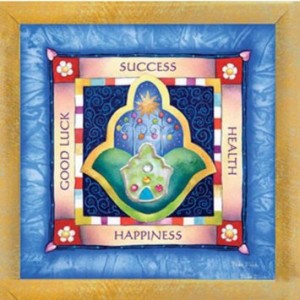
Yesterday afternoon and into evening, I sat writing, next to a window with a view to the Puget Sound and Olympic Mountains. I seemed able to sit there for a long period of time, every once in awhile glancing up from my computer to note the trajectory of the sun and the corresponding shadows. I felt the heat from the sun reflecting off the water, and its shimmer. I worked on several poems and was aware of time only as the colors of the sky changed from blue to yellow-green to a deep orange.
It is easy to find a writing rhythm when I retreat to a place removed from the city. But I often take a walk in the city through a green-space or near a body of water when I come to an impasse in my writing and need new ideas.
Sometimes nature itself informs the words of my poems. I love the spiral patterns in a moon snail shell,
and the harmonic, Fibonacci sequence seen in sunflowers, or the eddies of water and sand.
Nature’s effect on the brain and creativity has been the subject of research for a few years. Though many of us have understood intuitively the necessity and rewards of being outdoors, of hiking in the mountains or walking in a park or on a beach, we can now point to brain research that confirms this awareness. We might want this added information as we think about providing nature, or natural environments to people in the hospital. Or, knowing the way nature recharges our brains, lowering cortisol levels and stress, making it easier to learn, we can confirm the need for kids to be outside and around the natural world for some parts of their day. Richard Louv wrote about this 10 years ago in his book, Last Child in the Woods, and it is even more true today; we have a harder time disconnecting from our wired world.
Now, that you are finished reading, go for a walk!


